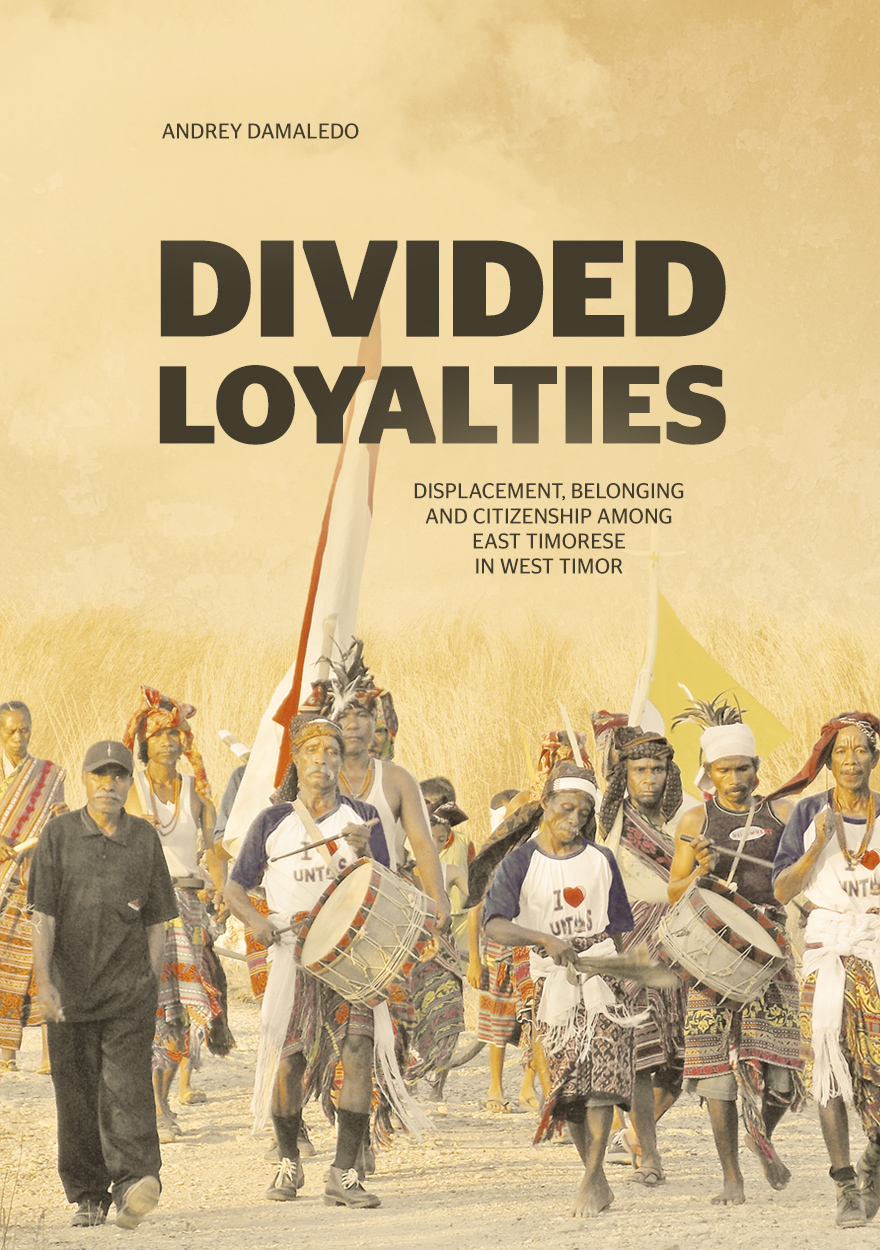Andrey Damaledo
Andrey Damaledo is a research fellow at the Center for Southeast Asian Studies (CSEAS) at Kyoto University. He holds a PhD in Anthropology from The Australian National University (2016) and an MA in Advanced Development Studies from the University of Queensland (2009), both as an Australian Award scholar. He was the recipient of the Australian Department of Foreign Affairs and Trade (DFAT) Allison Sudradjat Prize. He was also awarded the Ann Bates Prize 2017 for producing the most outstanding PhD thesis on Indonesian studies at ANU. His research focuses on migration, conflict and reconciliation, border issues, development planning and public policy. He is now embarking on a new research to investigate the notions of transnationalism and mobilities in Indonesia and Timor-Leste.




